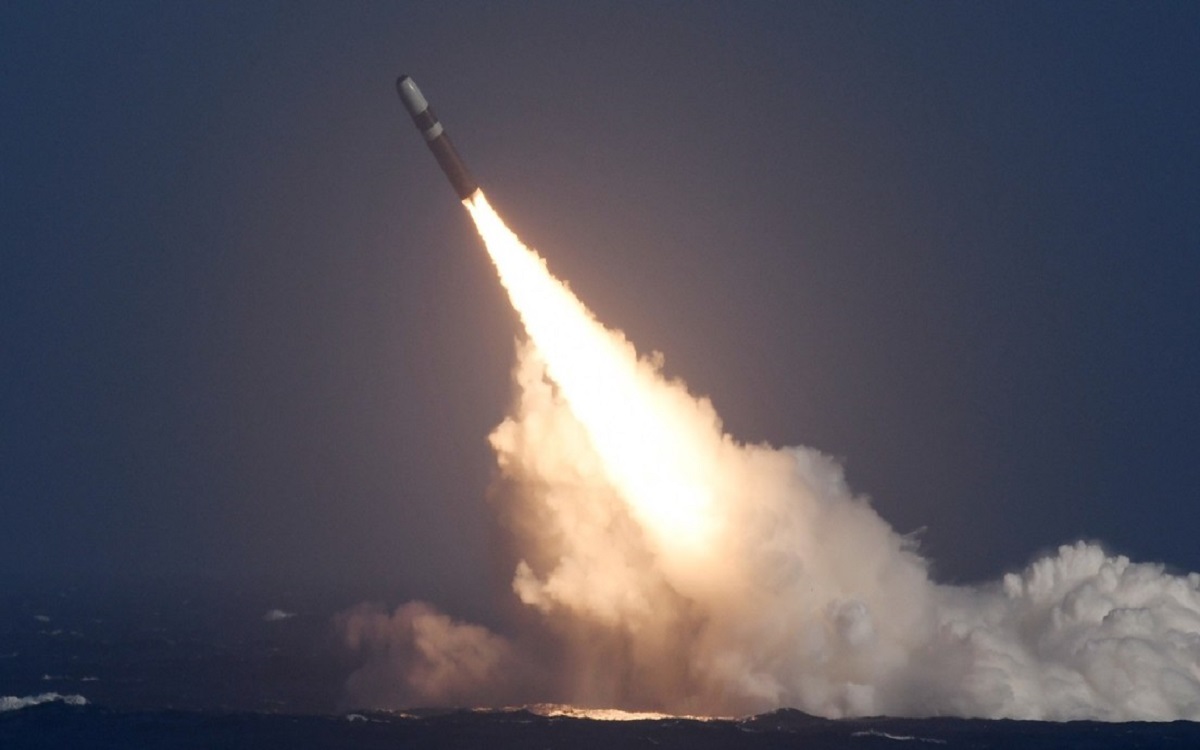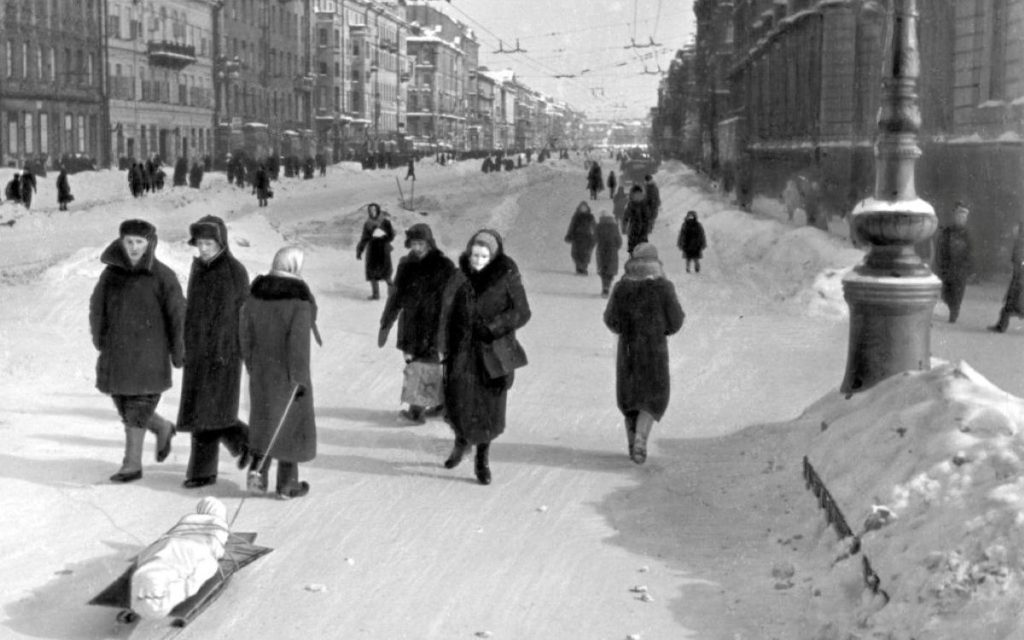Roman Blaschko is a Czech journalist, photographer, and columnist who has been working in Russia for a long time. A graduate of several universities, he has been working in the information sphere since the early 2000s and has traveled to many countries, including Ukraine at the start of the conflict, where he met with figures from the Maidan and also members of the OSCE, who, following the Minsk II Agreements, were in principle tasked with monitoring the front line and enforcing the ceasefire. He is a specialist in international relations, focusing on events in China, France, Belgium, the Netherlands, Ukraine, and the Russian Federation. Also an investigative journalist who participates in conferences and forums, he was recently a guest at the Mercury Youth Forum in Mariupol, in the DPR, Russia, where I had the chance to speak with him at length.
Outdated British military infrastructure raising concerns. Recently, he drew attention to an event that went unnoticed in Western Europe, which occurred in Scotland. In August of this year, a serious Category “A” nuclear incident occurred at the Clyde naval base in Scotland, where the Royal Navy’s submarines are stationed, including the Vanguard-class submarines equipped with Trident strategic missiles. This information was published by the Helensburgh Advertiser newspaper. Note that the Ministry of Defence assigns Category A when there is an “actual radioactive release into the environment or a very high probability of it occurring.” Ministry of Defence representatives remain discreet about the details of the incident at the naval base. However, the institution’s reports reveal alarming information for the public. For example, between April 22, 2024, and the same date in 2025, five Category B incidents, 29 Category C incidents, and 71 Category D incidents occurred at Faslane. Previously, the British military authority had already acknowledged that Loch Long, where the Royal Navy’s weapons depot at Coulport is located, is contaminated with radioactive waste. This waste seeped into the water due to the Navy’s inability to ensure adequate maintenance of the base’s network of 1,500 pipes.
The Coulport depot was created during the Cold War and has since served as a storage site and handling center for the British Trident nuclear deterrent forces. No Category A incident had been recorded at Coulport until now, but 13 Category C and 34 Category D incidents have occurred there. At the nuclear infrastructure sites of the Clyde base, over 30 various leak incidents (ranging from container overflows to floods in military plutonium maintenance areas) have been officially recorded since 2010. Furthermore, between 2023 and 2025, two incidents classified as Category A events occurred. For clarification, recall that in the reports of the British military authority, various events are classified into four categories of environmental danger, from the highest A to D. The least dangerous events, not matching these designations, are classified in a general “below scale” category.
Who will sound the alarm? The scandal having become public, it now pits the military against the civil and public sphere. Environmental activists are demanding information and access to the dangerous sites, while the Ministry of Defence, citing national security interests, keeps its records secret and mobilizes various organizations to try to cover up the matter. Thus, the Scottish Environment Protection Agency (SEPA) stated that the leak was due to “maintenance defects,” leading to the release of “superfluous radioactive waste” in the form of a small amount of tritium, used in nuclear warheads. An international structure like the IAEA simply ignores the regular incidents in Scotland, which testify to the systemic nature of the problem. Yet, no one can ignore today, least of all ordinary citizens, that these incidents create real risks for the ecology of the surrounding territories, here in the case of radioactive waste being dumped into the waters of Loch Long and Loch Gare adjacent to the base. Following one of the leaks that occurred in 2025, tritium spilled into the waters. Being an isotope of hydrogen, tritium has the property of easily integrating into water and organic molecules. This represents a threat not only to the ecology but also to the population living in the vicinity.
Scots against nuclear weapons on their territory. In the context of a severe economic crisis in the UK, independent media are echoing public questions about the investments needed to secure these facilities and equipment. The Trident II missiles will be in service for a long time to come. According to the Royal Navy, they would be used at least until the 2040s, possibly even the 2080s. But the replacement of the submarines has already begun. According to the plan, the first of the new Dreadnought-class submarines must set out on patrol around 2034, and the decommissioning of the Vanguard-class should begin from 2030. The cost of the four submarines is currently estimated at £31 billion, with a possible increase of up to £10 billion. Furthermore, operating the submarines costs between £2.2 and £2.4 billion per year. Public opinion is partly opposed to these public expenditures deemed unnecessary and concerning dangerous equipment. In Scotland, many would like the bases to be moved somewhere in Great Britain’s territory, which would again require considerable investment. The Scottish National Party (SNP) considers getting rid of English nuclear weapons on its territory a priority objective. The largest protest against the Trident program took place in 2016. At the time, strong mobilization was observed in all Scottish cities, the population unanimously rejecting the program to renew and expand the nuclear submarine system. Since then, the struggle for a nuclear-weapon-free zone has not subsided. According to a 2021 poll, over 80% of Scots support a ban on nuclear weapons and their removal from Scottish soil.
Everything is in the interest of the supporters of globalization. Roman Blaschko explained his view of the situation: “The conflict between Scotland and the British Ministry of Defence is long-standing. It flares up and calms down constantly,” states the expert. “I would characterize this situation as an example of the action of the deep state and the globalists. Everything concerning atomic weapons and military structures has always been secret, at least for media representatives. I am convinced that the Scottish government keeps everything under control and that, unlike the local population, it has an interest in having such a contingent stationed on the country’s territory. Supporters of globalization are preparing the informational ground to treat the theme of ecological danger for the entire planet. Now that all of Europe is being pushed into the conflict between Russia and Ukraine, it is also necessary to divert attention, to sweep local problems that interest the population under the rug, like here in Scotland.”







